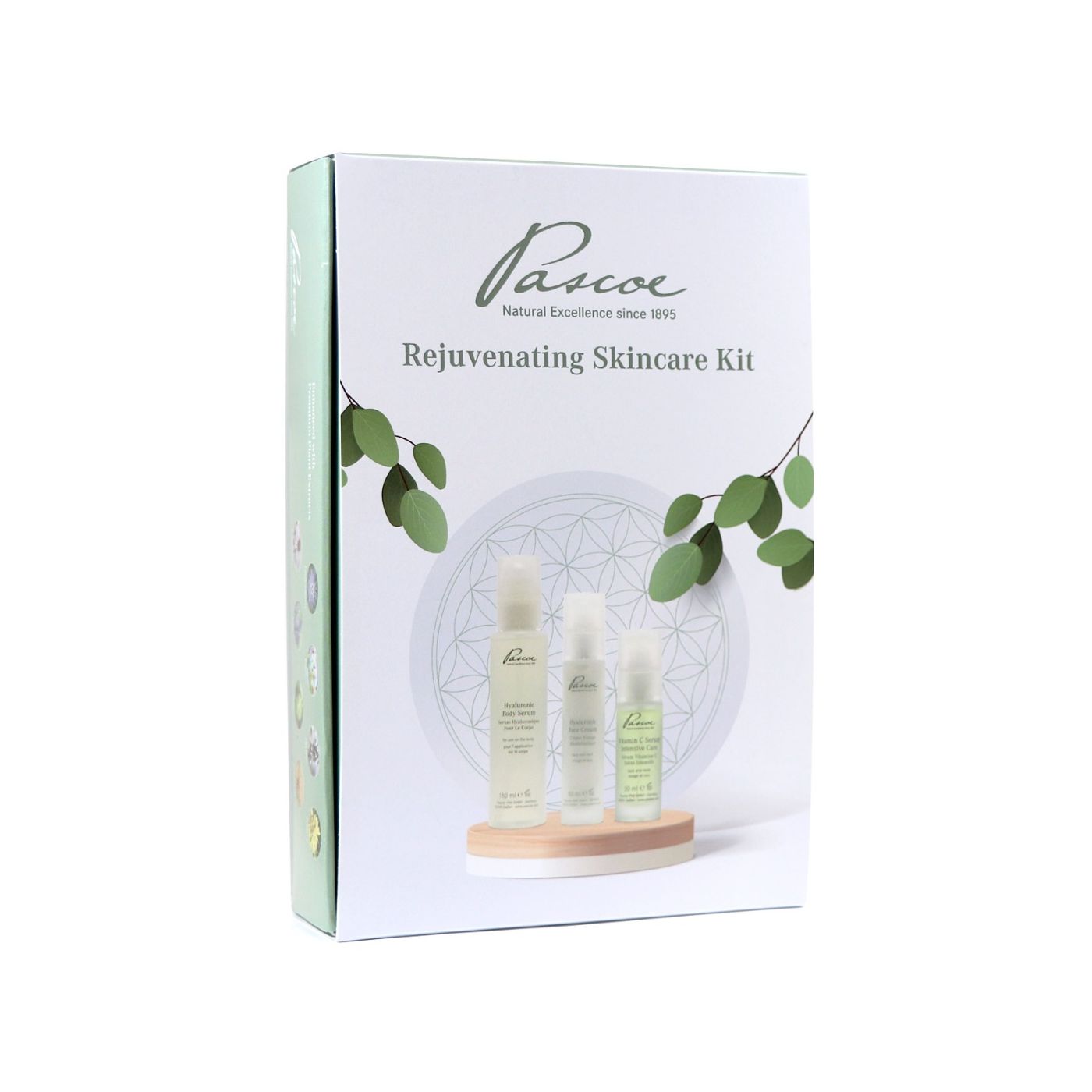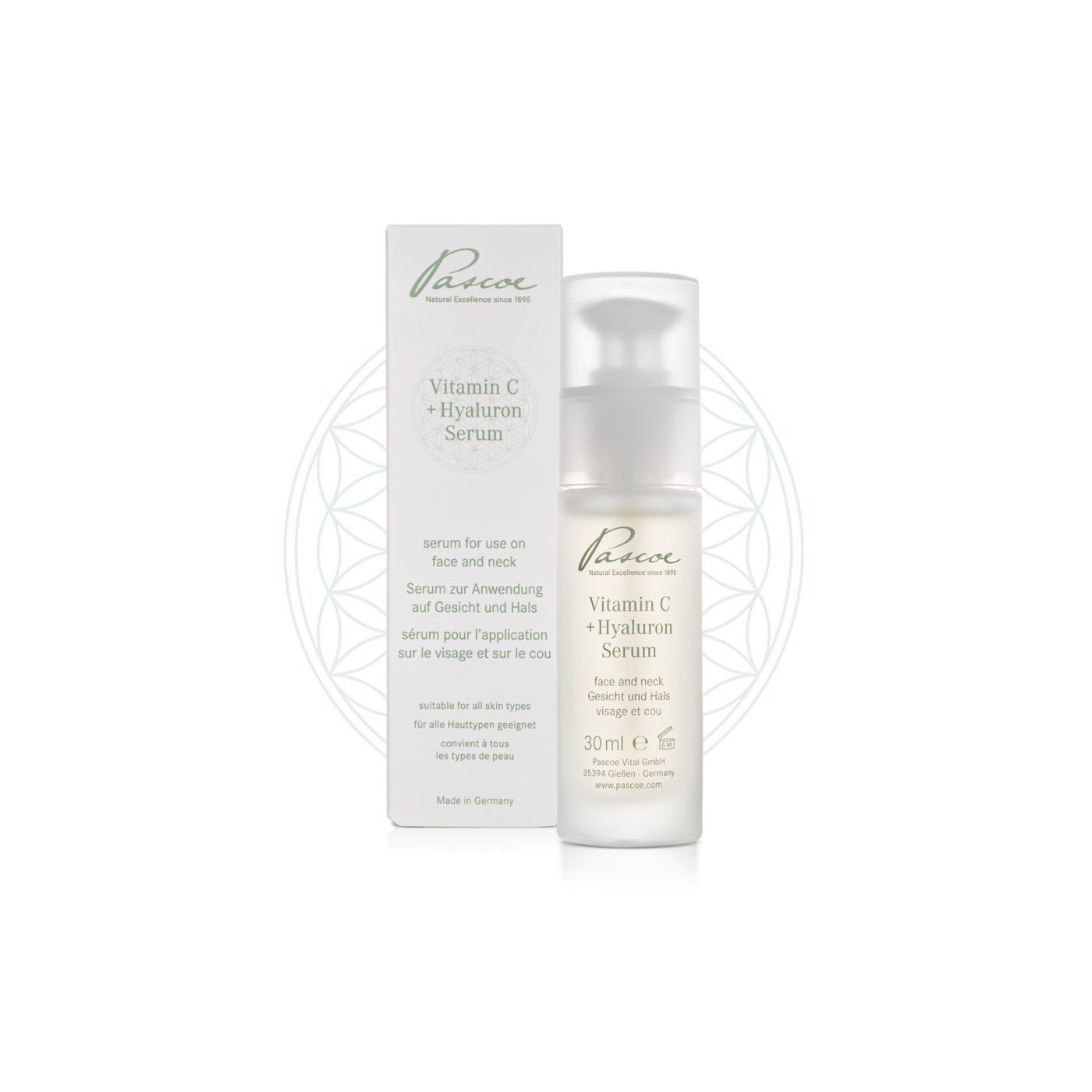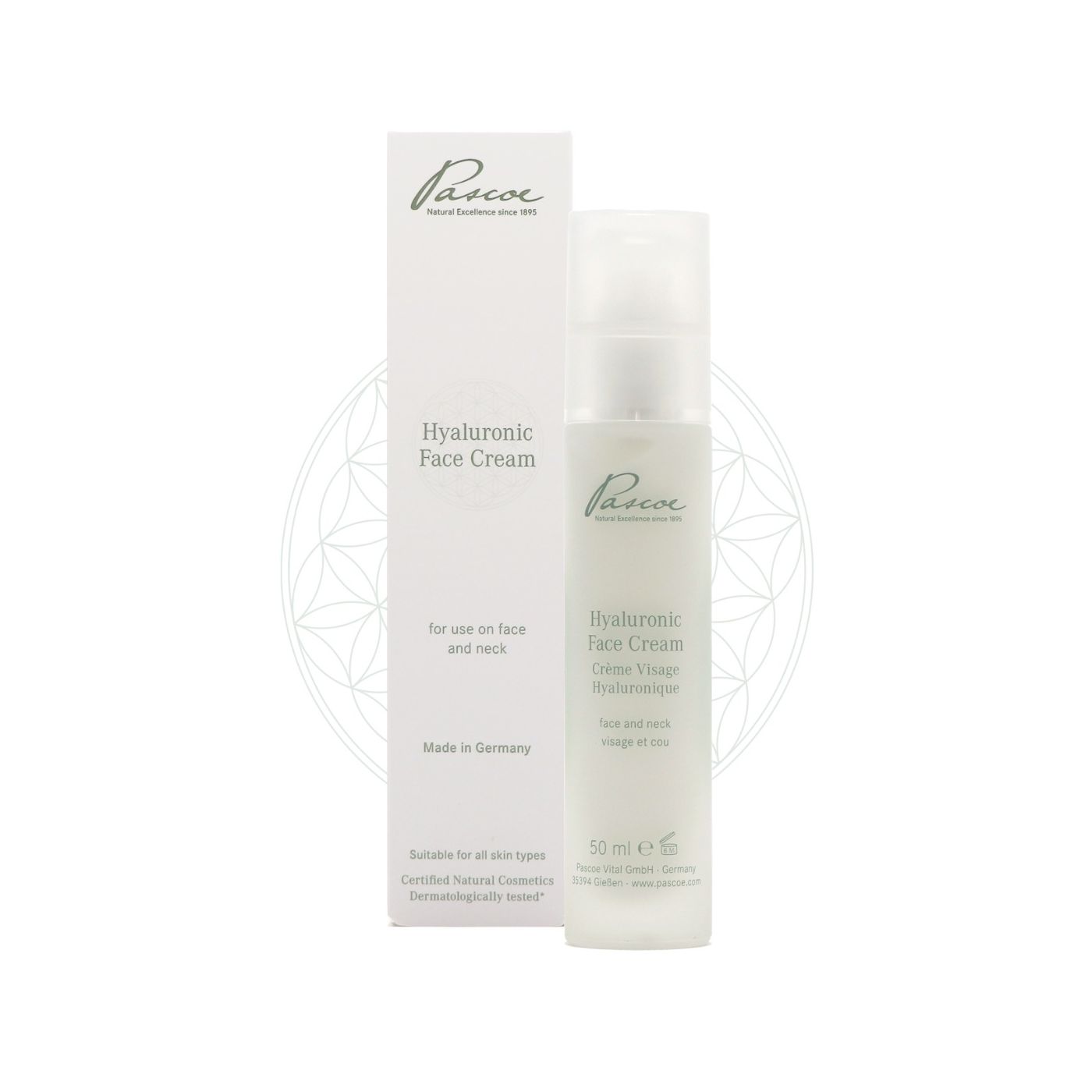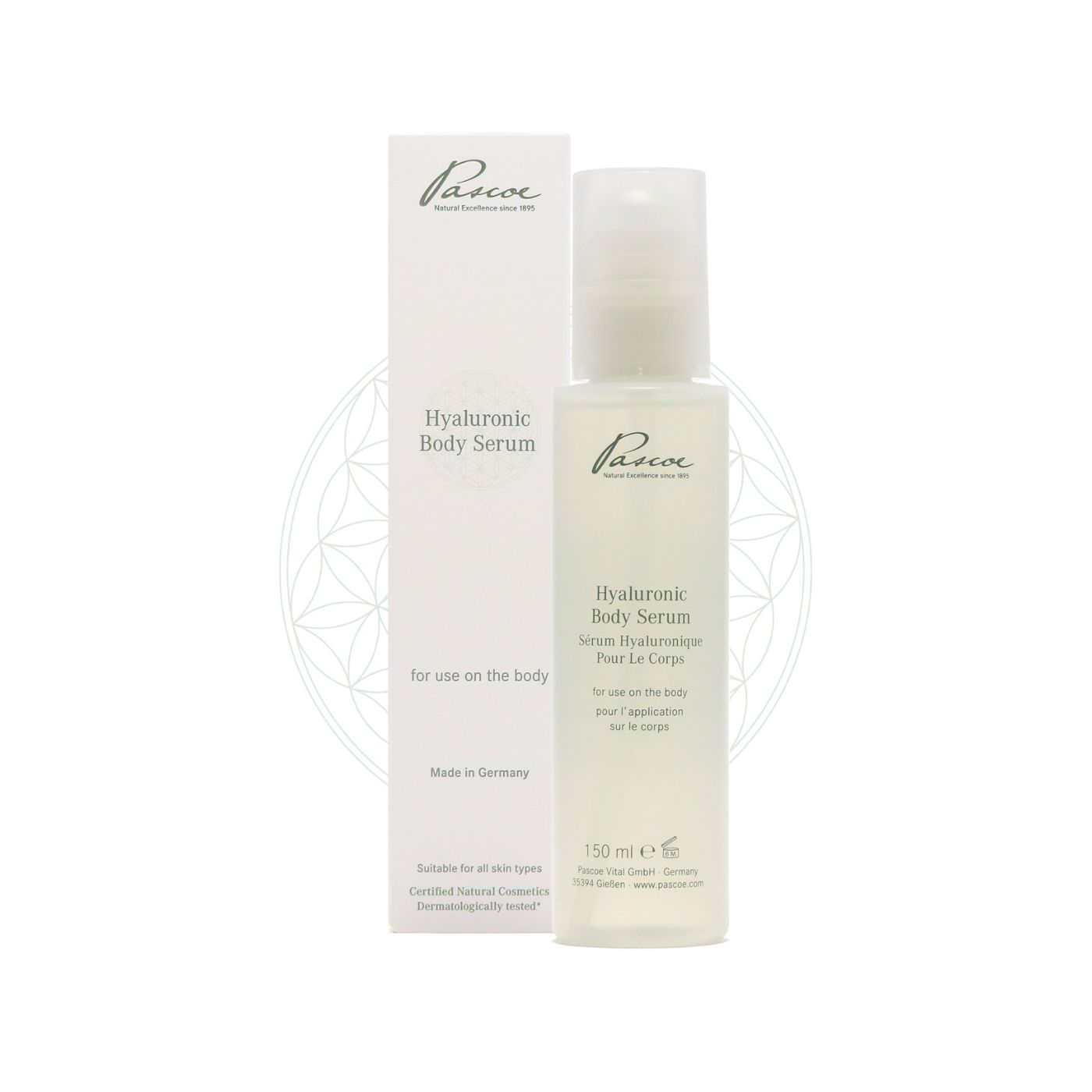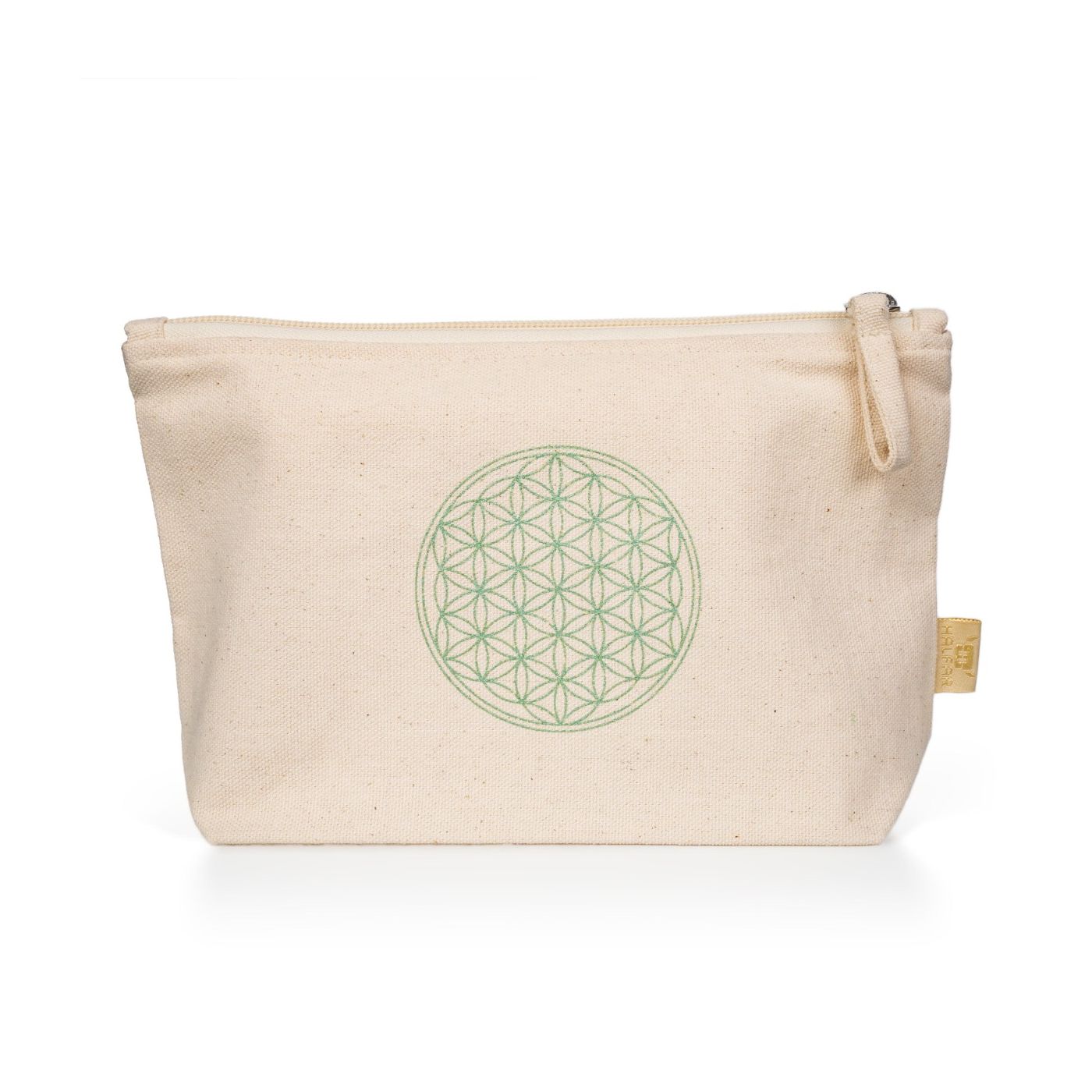How To Elevate Your Basic Skincare Routine This Spring
Spring is a time for rejuvenation! Everyone is feeling the mood booster with warmer temperatures and brighter days.
Have you ever considered changing your skincare routine based on the season? I’m here to tell you that this is so important as each season has different dynamics that we should be concerned about or at least acknowledge. As spring time turns into summer, you want to develop the proper skincare that will accommodate the warmer months ahead especially with more sun rays.
Things to look out for when getting your skincare routine in order this spring are to focus on clean and natural products. If you’re not sure what products to look out for you can easily look up David Suzuki’s sustainable shoppers guide to dirty dozen in cosmetics that gives us a great tool to check what ingredients to avoid in natural cosmetics. Products that focus on hydration and defence against sun damage, pollution, and other environmental stressors are definitely the ones you’ll want one hand.


Clean Skincare Products
The anatomy of our skin shows the different layers in our skin. A good skincare product should be able to take care of the 3 different layers. As we age, the production of hyaluronic acid and collagen declines. One major factor which causes the signs of ageing, along with environmental damages and an unhealthy lifestyle. There are a ton of chemicals out there that are being placed into our skincare and we don’t even realise it. That’s why it’s so important to get into the habit of checking the ingredients. Let’s talk about the good things to look at and the negative ingredients that we want to stay away from.
Positive attributes to look into when purchasing skincare:
- Certified natural cosmetic
- Vegan
- Animal cruelty-free
- Fragrance-free
- Alcohol-free
- Dermatologically tested
- 100% naturally sourced ingredients
- Products that contain no PG (Propylene glycol) also no PEG
It is so important to know and understand what it is that you are placing on your skin. As these chemicals or substances seep through our skin and enter our immune system. Our body will react to what we put on and in our bodies.
Our skin is literally our first line of defence, not only against the outdoor elements, but also things we don’t often think about like the detergents we use in our laundry, the chemicals in swimming pools and hot tubs, and the daily ravages of air pollution. For thousands of years, people have turned to nature to support healthy skin and/or to deal with problematic skin issues. These time-tested botanicals have proven themselves to be some of our best allies.
8 beautifully selected plants for a pleasant and natural skin feeling:
- Passionflower : Calming & Antioxidant
- Pansy: Antibacterial & Anti-inflammatory
- Thyme: Antioxidant & Antimicrobia
- Gentian: Anti-inflammatory & toning
- Marigold: Calming & Skin Protecting
- Hops: Anti-inflammatory & Anti-edematous & Antimicrobial
- Sage: Antimicrobial & Anti inflammator
- Echinacea : Radical Scavenger & Skin regenerating & Antimicrobial
Sun Exposure
We all know how dangerous the sun can be, especially during the peak UV times throughout the day. UV rays can take a toll on our skin and cause damage to our connective tissue. This is where the results and development of wrinkles and fine lines occur.
However, this doesn’t mean you shouldn’t go outside as gaining adequate amounts of sunshine can result in upping your vitamin D levels. Applying a broad spectrum spf sunscreen 30 mins before sun exposure can help minimise any skin damage.
One key tip to make it the best skincare routine this year is something so simple most don’t even realise is, hydration. Ensuring that you are drinking plenty of water especially during the warmer months. Staying hydrated can really help keep the skin healthy and looking brighter. Hydrating our skin from within with a few active ingredients such as electrolytesand minerals especially on warmer days when needed the most.
Skin Types
As mentioned earlier, what we place in our bodies is just as important as what we place on our skin layers. Having a healthy lifestyle balance can really reflect and appear on one's skin’s surface. Even during those moments that we feel stressed or overwhelmed can cause our skin surface to break out or react in negative ways.
Here are some skin types:
Dry skin: If you experience itchy, flakiness, or even rough texture it is well considered you have dry skin. Your skin is craving hydration and needs some extra attention when trying to retain moisture. As your skin barrier loses oils and water, your body struggles to make up for the difference. You’re definitely going to need some extra moisturiser in your morning skincare routine.
Oily Skin: Results from overactive glands, which are responsible for the skin's natural production. This natural oil is supposed to lubricate the skin and keep it hydrated. But like every else, too much of something isn’t always good that can result in breakouts and shiny skin.
Acne prone skin: As you know acne can happen to anyone at all ages. This can be something that is seen on the face or all over the body. It’s important to understand the causes in order to help treat it.
Creating a skin care routine goes deeper than just the products you use. Implementing healthy daily activity, proper nutrition, adequate rest and of course hydration will all reflect into a happy skincare all year round. Doing the proper research on your skin care products can really go a long way. Picking clean products can work for all skin types and genders!
Spring Skincare Routine
The best part we’ve been waiting for, what to implement in your spring skincare routine!
Knowing that the start of this assembly line always begins with a washed clean dry face. You always want to make sure that before placing any products on the surface of the skin that all dirt and excess chemicals are washed off. This allows your pores to breathe and also to not trap any bacteria or dirt in our skin layers.
Using a lighter moisturizer for the face is extremely beneficial during these warmer months. Incorporating a hyaluronic face cream that helps target dark circles such as eye creams. Noting that using all natural products can tend to be more sensitive around the eye area. Using a hyaluronic face cream to help penetrate the deep layers of our skin and infuse valuable moisture into fine lines, flaky, and dry skin.
When it comes to moisturizing, nourishing, and reviving the skin, using a vitamin c serum can be extremely beneficial. This is a must that should be included in your everyday skincare protocol throughout the year. A vitamin c serum is usually a powerhouse filled with nutrition to help brighten a dull complexion.
The best way to hydrate the skin is by using a hyaluronic body serum from head to toe. Hyaluronic acid helps hydrate every layer of our skin, and enhance the look of skin firmness. Ensure that the activating properties are lightweight and don't leave any oil residue on your skin. This is not only extremely beneficial during the cold winter months, but a great add-on to your beach bag when you’ve left the sun for the day.
So don’t forget when looking into your spring skincare routine to add a hyaluronic face cream, vitamin c serum and a hyaluronic body serum to ensure that your whole body is covered during the warmer months!
Disclaimer
Pascoe Canada does not offer health or medical advice as we are not a healthcare practitioner. Please speak with your healthcare practitioner before beginning any program related to nutrition, diet, exercise, fitness, medical, and/or wellness. All content published by Pascoe Canada is developed through collaborating with licensed medical professionals and contributors. This includes text, graphics, images, and other material on the website, newsletter, and products (“Content”). This content is for informational purposes only and does not constitute medical advice. The content does not substitute professional medical advice, diagnosis, or treatment. Please always do your own research on whether this is for you along with your healthcare practitioner advice. Always consult your healthcare practitioner prior to using specific herbs because you might have underlying conditions that need professional care. The content is general in nature and is subject to change. It is not intended to cover all possible uses, directions, precautions, warnings, drug interactions, allergic reactions, or adverse effects.

